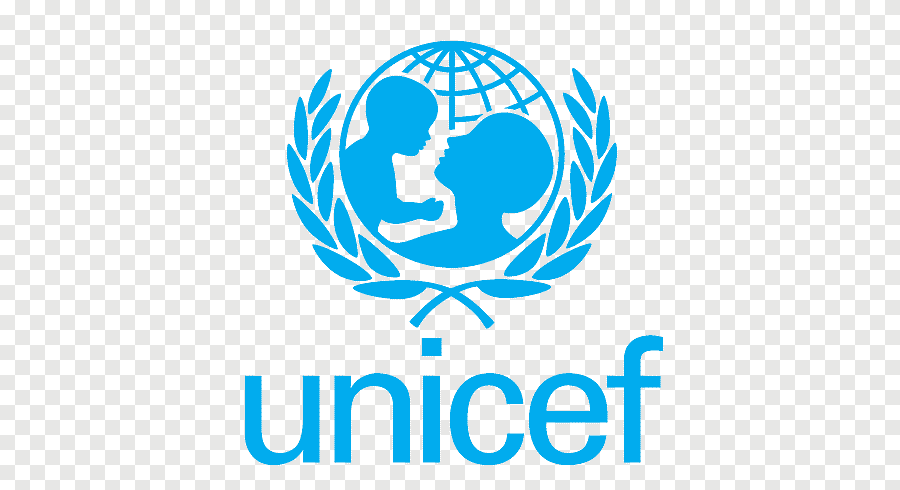The United Nations Children’s Fund (UNICEF) has raised concerns over Nigeria’s rising cholera burden, revealing that the country has recorded the second-highest number of cases in West and Central Africa.
UNICEF Regional Director for West and Central Africa, Gilles Fagninou, said Nigeria remains cholera-endemic, with recurrent major outbreaks in recent years. As of the end of June 2025, the country reported 3,109 suspected cases and 86 deaths across 34 states.
“Cholera remains endemic in Nigeria,” Fagninou said on Wednesday. “The current outbreak is a serious threat, especially for children.”
Across the region, an estimated 80,000 children are at high risk of cholera, especially as the rainy season intensifies, bringing widespread flooding and displacements that heighten the risk of infection.
Fagninou described cholera as an acute diarrhoeal infection caused by ingesting contaminated food or water, noting that while it is treatable, it can be fatal within hours if left untreated. Children under five are particularly vulnerable due to poor hygiene, limited access to clean water, and a greater risk of severe dehydration.
The Democratic Republic of the Congo is the worst-hit country in the region, with over 38,000 cases and 951 deaths recorded in July. Other countries experiencing active outbreaks include Chad, Ghana, Côte d’Ivoire, Togo, and the Republic of Congo, while Niger, Benin, Liberia, Cameroon, and the Central African Republic are under close surveillance.
UNICEF has been providing health and hygiene supplies, treatment facilities, and cholera vaccines, while also promoting community awareness and early treatment.
“To contain the spread, urgent and scaled-up support is needed,” Fagninou said, adding that UNICEF West and Central Africa requires $20 million over the next three months to continue health, WASH, and risk communication efforts.





